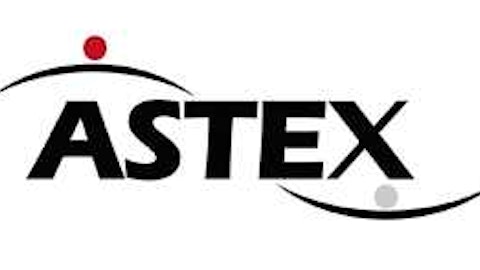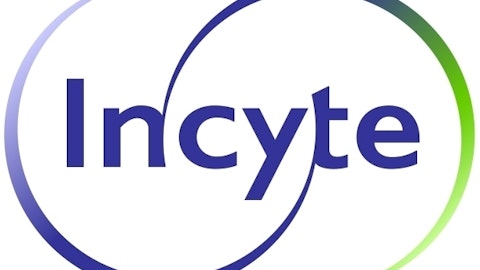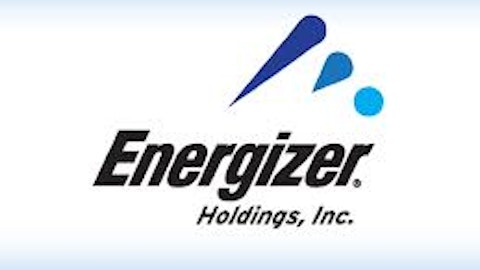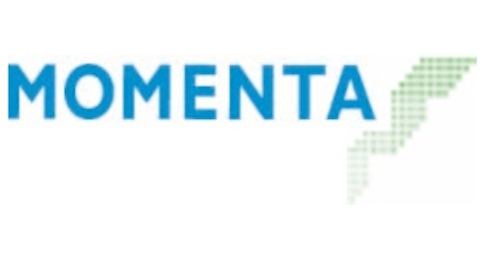The biotechnology industry is one of the riskiest places to put your money. However, when companies get everything right, the fortunes made there are usually massive. In the most recent quarter, biotech company Eli Lilly & Co. (NYSE:LLY) reported earnings that beat analyst estimates and boosted guidance for the next quarter and the current fiscal year.
The company is counting on various products in the pipeline, which could change its outlook if positive results are achieved. Among them, is the successful treatment of Alzheimer’s disease.
For decades, biotechnology companies struggled in the fight against Alzheimer’s. Indianapolis-based Eli Lilly & Co. (NYSE:LLY) has been one of the companies spearheading research and development of drugs to fight against this disease.
Several attempts have led to null results. According to reports, these failures have let slip the opportunity to corner a $600 billion market. However, according to the latest developments, Eli Lilly & Co. (NYSE:LLY) seems to have finally cracked the code, which could result in the successful treatment of Alzheimer’s.

Eli Lilly & Co. (NYSE:LLY) is also one of the companies heavily involved in the development of the Psoriasis drug. However, the company faces stiff competition from the likes of AstraZeneca, Amgen and Celgene, while Novartis AG (ADR) (NYSE:NVS) remains miles ahead of the pack.
What are the chances of success with these developments?
With regard to its Alzheimer’s drug, Eli Lilly intends to follow up on its previous two trials, the Expedition and Expedition 2 on solanezumab, with a third test for the drug. The new adjusted trial will be tested on patients with mild symptoms of Alzheimer’s disease following the company’s conclusions on its previous two trials a couple of weeks ago.
Dr.Eric Siemers, senior medical director of Lilly’s Alzheimer’s disease team, said, “While the primary endpoints were not met in Expedition or Expedition 2, we were encouraged by the data in the mild Alzheimer’s disease patient population.”
However, it is good to note that Eli Lilly & Co. (NYSE:LLY) will not be the only company to do a phase three trial on an Alzheimer’s drug. Industry giants, Pfizer Inc. (NYSE:PFE) and Johnson & Johnson (NYSE:JNJ) have done it in the past and failed. The companies failed with their bapineuzumab drug last year. The two companies have since abandoned the development of the drug.
Pfizer Inc. (NYSE:PFE) announced, in January last year, that it would pull out – along with its partner in the program, Medivation – following a series of failures in previous attempts to develop a drug for Alzheimer’s disease. The companies decided to end the program for developing a compound known as Dimebon, after failing to meet two primary end-points in Phase 3 trials.
My worry here is that the chances of Eli Lilly & Co. (NYSE:LLY) managing a successful phase three trial are no different from what its rivals had. The failed trials reported by Pfizer Inc. (NYSE:PFE) and Johnson & Johnson (NYSE:JNJ) coupled with historical results from previous trials imply that there is little to hope for.
Pfizer Inc. (NYSE:PFE) and Johnson & Johnson (NYSE:JNJ) jointly ended the development of Alzheimer’s drug candidate bapineuzumab after it failed to meet co-primary clinical endpoints in Phase III.
Novartis AG (ADR) (NYSE:NVS) on the other hand, remains on the sidelines in the development of the drug. “This remains high on our radar, with high unmet medical need,” Tim Wright, who heads the Company’s drug development, said on a conference call in April.
The development of the new insulin glargine drug for diabetes seems to be the safest play for the company, as far as trials are concerned. The company is already a recognized producer of insulin products, and hence its experience should carry it through.
Eli Lilly & Co. (NYSE:LLY)’s new drug if approved will be competing with Johnson & Johnson (NYSE:JNJ)’s Invokana (previously known as canagliflozin), which was approved in April by the Food and Drug Administration, or FDA.
Meanwhile, Pfizer Inc. (NYSE:PFE) and Merck announced in April their partnership in the development of a new type 2 diabetes drug ertugliflozin. This again will if approved by FDA will be in the market to compete with Eli Lilly & Co. (NYSE:LLY)’s insulin glargine.
Novartis AG (ADR) (NYSE:NVS) seems to have taken the lead in the development of Psoriasis drug which means, if anything, Eli Lilly could be playing catch up.
All these are massive opportunities for Eli Lilly & Co. (NYSE:LLY), but based on the competition and probability of failure in some of the drugs raises the stakes on risk versus benefits. All these products in the pipeline and massive amounts of risk attached raises questions over the company’s new guidance.
The bottom line
The new guidance is well above the consensus estimate of analysts, with its full year earnings now estimated at $3.91 per share. However, Eli Lilly & Co. (NYSE:LLY) believes that its earnings for the full year 2013 will be between $4.28 and $4.58 per share.
On average, that is 13.3% premium on the consensus estimate, which makes me think that based on the risks pointed in the analysis, the company could be getting ahead of itself.
Nicholas Kitonyi has no position in any stocks mentioned. The Motley Fool recommends Johnson & Johnson. The Motley Fool owns shares of Johnson & Johnson.
The article Is This Company Getting Ahead of Itself? originally appeared on Fool.com.
Copyright © 1995 – 2013 The Motley Fool, LLC. All rights reserved. The Motley Fool has a disclosure policy.





